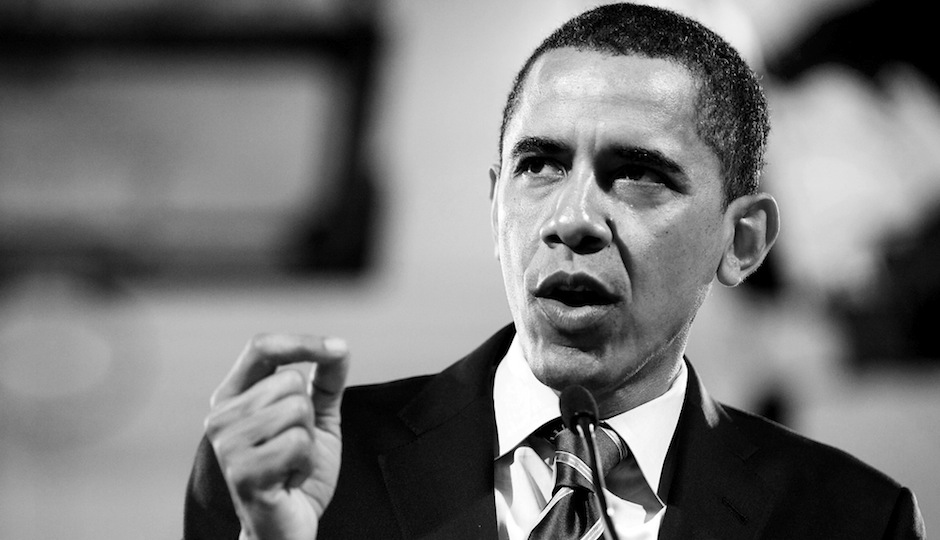Too Much Eye Contact: Maybe This Is Why the Government Shut Down!
So yesterday John Boehner and President Obama sat down for a face-to-face chat, and ABSOLUTELY NOTHING HAPPENED. Throughout the country, journalists lamented: How can this be? Isn’t a good old-fashioned tête-à-tête the best recipe for resolution in a standoff? Shouldn’t two reasonable men of wildly divergent opinions sitting eyeball to eyeball be able to work out a compromise?
Uh, no. The results of new research at Germany’s University of Freiburg show just the opposite, in startling contrast to the advice I’ve been giving my kids from the day they were born. (You know: Firm handshake, look the other person in the eye … ) Note to said kids: If you’re in search of compromise, look ’em in the mouth instead.
In a series of experiments, the German researchers showed that “direct eye contact makes skeptical listeners less likely to change their minds, not more, as previously believed,” according to lead researcher Frances Chen. Using eye-tracking technology, Chen and her associates told study participants to look either at a speaker’s mouth or eyes while the speaker presented an argument. If the participant already agreed with the speaker’s position, looking into the speaker’s eyes led to increased receptiveness to the argument presented. But if the participant was opposed, eye-watching only made the participant less receptive and less open to discussion with the speaker. The mouth-watchers didn’t show this obstreperousness.
Chen’s fellow lead researcher, Julia Minson, had this advice to offer in the wake of their findings: “Whether you’re a politician or a parent, it might be helpful to keep in mind that trying to maintain eye contact may backfire if you’re trying to convince someone who has a different set of beliefs than you.” The researchers theorize the knee-jerk opposition engendered by eye-balling could reach way back in human development, to when survival demanded that we watched others warily for signs of danger: “Eye contact is so primal that we think it probably goes along with a whole suite of subconscious physiological changes,” says Chen.
So next time, Mr. Speaker and Mr. President, go for the booth, and sit beside each other. Take a long walk at Camp David. Play golf (not chess)! Anything to get this show on the road.



